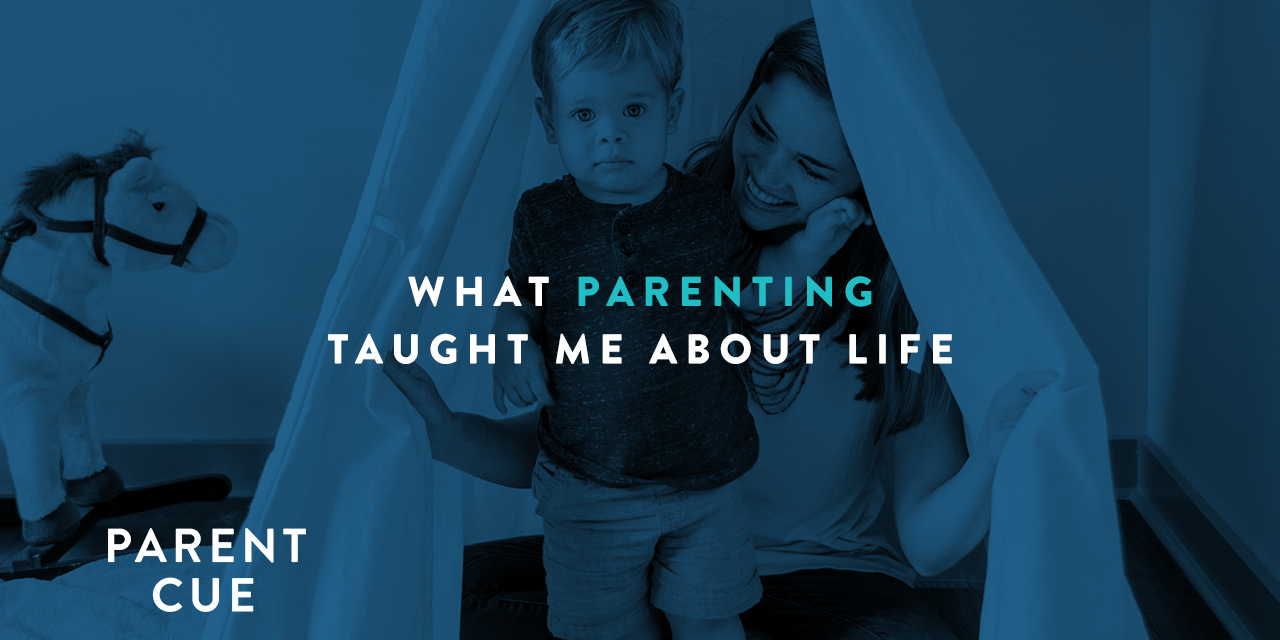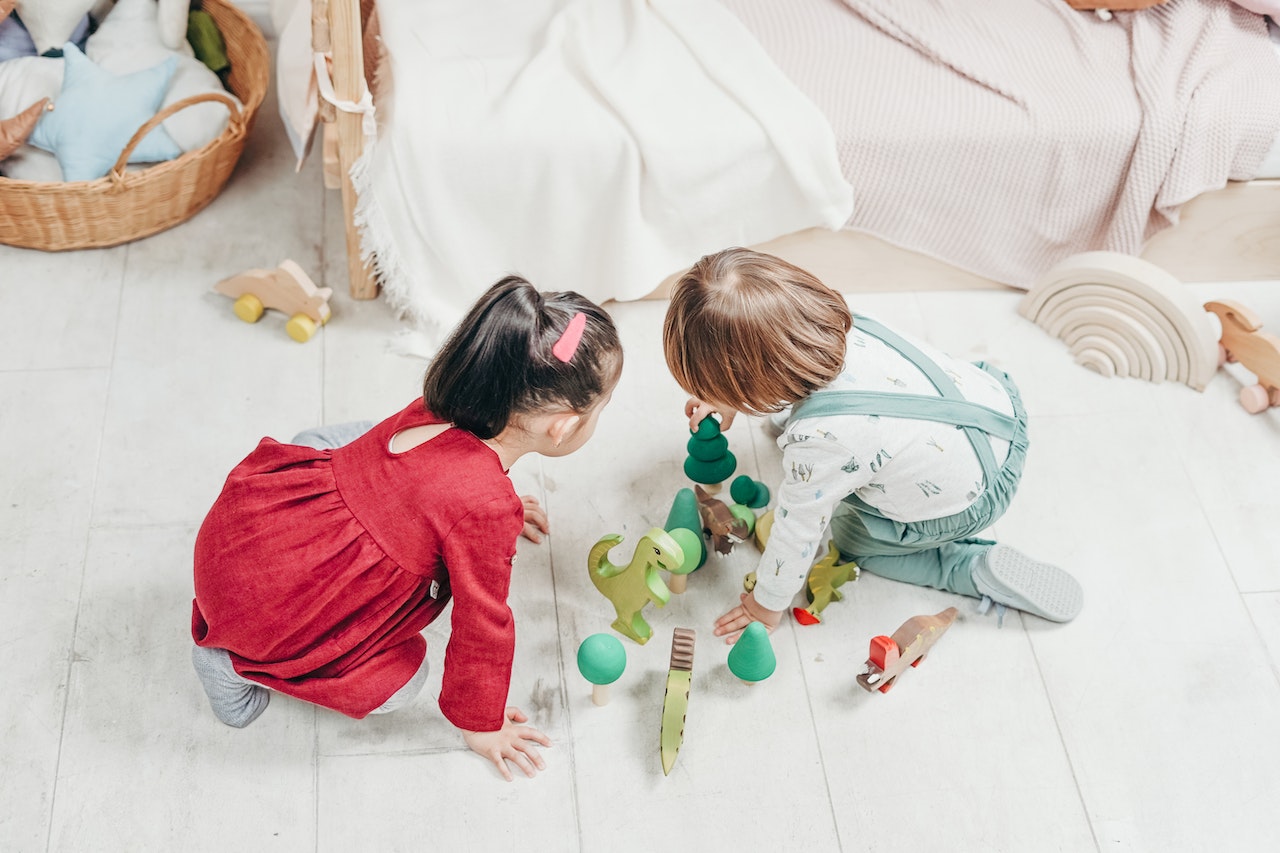
We lived for a few solid years in our family not having to really watch our words. We could have conversations about dessert, fun places to go, and toys. And our toddlers would be none the wiser. But this past year, we turned a corner. We’ve started spelling. Even then, Asher, my oldest, will pick out letters and ask insistently, “What are you talking about? What does that spell? What are you saying?”
Our years of open conversation and reckless dialogue are done. These days, words are starting to stick. Phrases hang around. Nothing is said “in passing” anymore. Because my four-year old’s mind is like a steel trap. What’s said is almost always remembered.
“I need a few minutes of quiet.”
“What in the world is going on here?”
“This place is a mess.”
It’s kind of entertaining stuff coming from the mouth of four-year-old, unless you’re that four-year-old’s mother. Then it’s just convicting.
But, last weekend, something beautiful happened. Asher told me he wanted to write a letter to his best friend. I was instructed to write down everything he spoke aloud. Thinking this could be interesting, I obliged, sitting down with a pad of paper and pen in hand.
“Dear Levi,” he very confidently began, “God loves us. Be strong and courageous. God, help us learn to have a good attitude. Be strong and courageous. Be brave. Be good and kind. Cook with your dad. Pray as much as you can. Pray and take baths every night. Do not be afraid.”
I couldn’t have done my own talking even if I tried. He had me speechless. As his scribe, memorializing these stream of consciousness phrases, I couldn’t help but think: Just keep your mouth shut. Let him talk. This is gold.
It’s rare for me to not interrupt, interject, or insert my words into almost every conversation making every moment as “teachable” as possible—as soon as possible. But this time, I kept quiet and simply decided to listen. And I’m so glad I did.
Be strong and courageous.
Pray as much as you can.
Take baths.
It doesn’t get much simpler than that.
Sometimes, when you just let your kids talk, and you do the listening, you catch some real gems. Sure, you find out that your nagging about washing their hands, finishing their vegetables and saying “thank you” are sticking, but you also hear that there are a lot more meaningful truths being catalogued and filed away as well.
After writing the letter, I began to learn that I don’t necessarily have to always ask, interject, dig, or wrestle truths out of my son. Sometimes, I just need to be quiet and hear from his own mouth and in his own words the things he cares about and is internalizing.
If we can manage to be quiet long enough, the very ones we are trying to parent will tell us what they need to hear from us most. Maybe not explicitly. But tucked into the nuances of the day. In their body language. In their interactions with others. In their questions. In their stories. In their conversations. Maybe even in their “letters” to friends.
So when it comes to weighing what we say, maybe we choose to say less. And listen more. And then choose the words we do say more wisely.
Because they stick. They are remembered.
And whether we intend for them to or not, they are going to show up again. Let’s make sure what gets remembered is worth repeating and speaks to the needs our kids are so subtly letting us know they have.
And now and then throw in something about taking a bath, so your child will be wise and grounded—but also clean.




